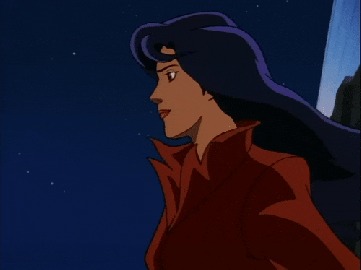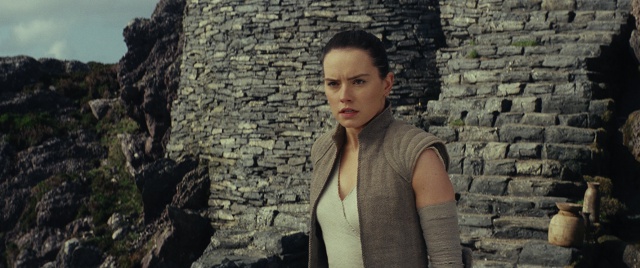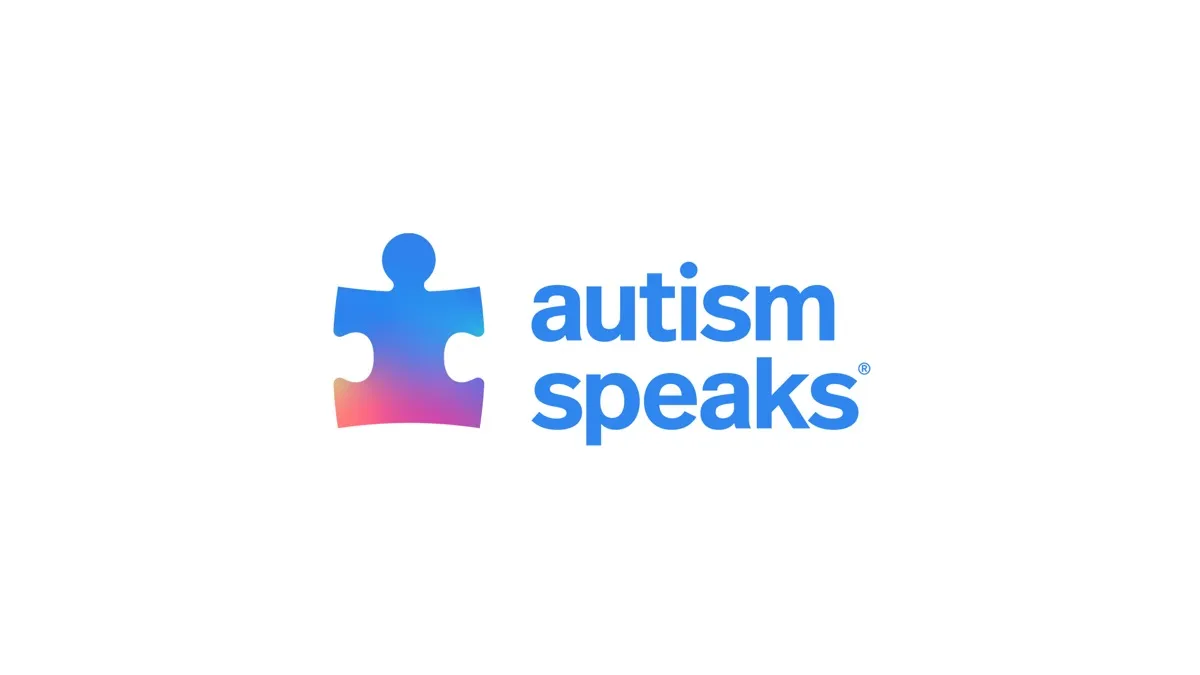How does a bastard, orphan, son of a whore go on and on, grow into more of a phenomenon? Good question, Mr. Burr. In genre film and television, many main characters and heroes are often born into their power. They have inherited a purpose from their parents and now have to finish the mission that they started. From Luke Skywalker to Harry Potter to T’Challa to Diana Prince a.k.a. Wonder Woman, they are all asked to step up not just for themselves, but for the past they now carry. But why is that usually the way we craft out heroes?
Steve Rose from The Guardian asks this question in the context of not just the superhero comic book genre, but also Star Wars especially all the theories about Rey and who her parents are.
Which brings us to Star Wars. Like Harry Potter, it started out as an “it could happen to you!” adventure: Luke Skywalker was some random kid on a far-off planet. But, like Potter, it couldn’t really happen to you. It was Luke’s “destiny” all along. Darth Vader was his dad, Leia was his sister, and a close brush with incest was a small price to pay for some expedient retroactive plotting. Now we have Star Wars: The Last Jedi, where the chief baddie is Luke’s nephew. Star Wars’s ingrown family tree makes The Crown look genetically diverse. What’s more, the Force seems to be hereditary. Initially, it was “an energy field created by all living beings”, but by the Phantom Menace, it was something in the blood. You could even test for it by measuring levels of “midi-chlorians”. Star Wars lore fudges and backtracks over all this stuff, but the upshot is it’s now basically a saga about aristocrats who call themselves “rebels”.
Which is why there’s a lot riding on the parentage of Rey, which The Last Jedi promises to shed some light on. Is she yet another offshoot of the Skywalker clan? The secret lovechild of Leia and Jar Jar Binks, maybe? Or is Rey of some fresh, commoner blood? If it’s the former, Star Wars is essentially still hooray for the blue bloods; if it’s the latter, perhaps social mobility isn’t extinct after all. It could be a new hope.
It is interesting how from the very beginning, there was no question that Rey was somebody’s kis—Leia and Han’s, Luke’s, or even Ben Kenobi’s. The idea of her just being a person who has a lot of Force powers literally never crossed my mind ,and that is a problem with how we have framed power in genre works. It always has to come from someone, it must always be attached to something, everyone is a prodigy; no one can just work really hard to be good at something.
This seems to stem directly from Greek and other ancient mythologies, where almost every hero was the child of Zeus, Poseidon or some other rapist deity that didn’t bother to learn what consent meant. In most religions, everyone is the chosen child of someone, even if they grow up in circumstances meant to humble them. It is a narrative that we love, but rarely does it actually happen. Even Cinderella is a story about riches to rags to riches, depending on which version you get.
In fairy tales, we have stories of beautiful but down on their luck maidens, or dumb guys who have hearts of gold, being assisted by magical forces. They are exceptional and are rewarded for it. Even in our Disney films, we spend most of our time digging in deep to analyze the feminity and feminism of Anna, Elsa, Cinderella, and Ariel while ignoring Wendy, Esmeralda, Meg and all of the other “non-princess” characters that offer more complex and interesting female stories.
The shiny label of “princess,” a title that is special, elitist, and rooted in more power than the average person can ever approach (we are not all gonna be Meghan Markle y’all) is something that is alluring to people. Why do you think we have so many shows about British monarchy and few shows about poor, working class people?

Elisa Maza (Gargoyles): A hero for all people.
Even shows that want to have something to say about class struggle can sometimes fail, when they decide that writing a story around actual money troubles it too much work. Think of Gilmore Girls. How many times did “working mom” Lorelai Gilmore have an easy out because her parents are incredibly wealthy? How many advantages did she and Rory get because of their wealth? How often did they live existences that did not link up with the average reality of a working class/lower-middle-class single parent family?
Beyond comic books and Star Wars, we as a society have a problem with not knowing how to give spaces to poor people, and people who really do come from nothing, so that they can achieve success. That’s the reason why a film like Rocky can be so emotionally impactful: people love to see a hero rise from nothing into a phenomenon. While Rey, most likely, will have some biological attachment to some powerful name in Star Wars lore, I do hope that we can have more home-grown heroes like Spider-Man on our screen. These days, it’s more important than ever to show that our best and brightest don’t need a dynastic name attached.
(via The Guardian, image: Industrial Light & Magic/Disney/Lucasfilm)
Want more stories like this? Become a subscriber and support the site!
—The Mary Sue has a strict comment policy that forbids, but is not limited to, personal insults toward anyone, hate speech, and trolling.—










Published: Dec 4, 2017 02:19 pm